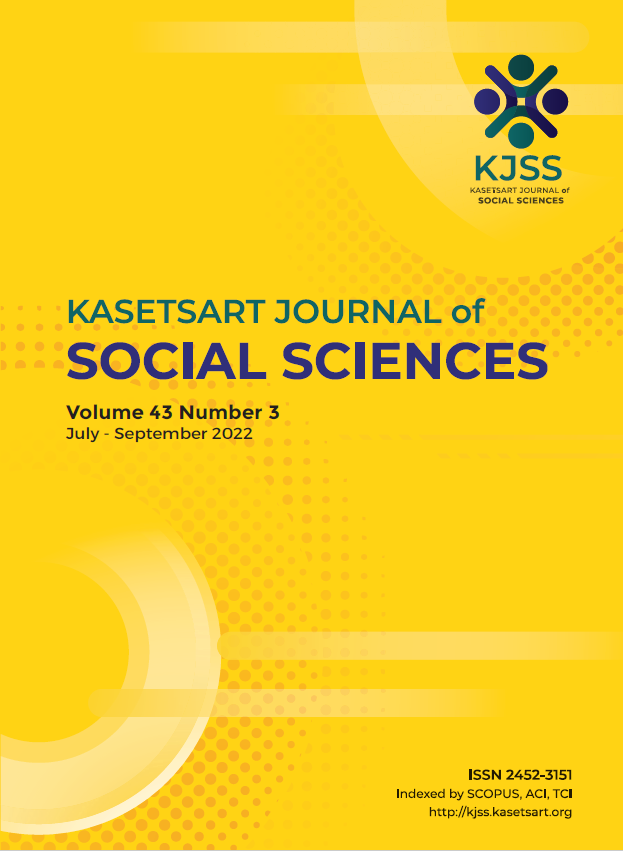Generation Z teachers’ quality of work life: Measurement and enhancement guidelines
Keywords:
educational management, generation Z teachers, quality of work life, teacher benefit and welfare, teacher in ThailandAbstract
Quality of work life (QWL) is a critical issue for organizations in the education sector for recruiting and retaining qualified young teachers. This study aimed to develop an empirical construct for teachers’ QWL and to develop a guideline to enhance the engagement and work-life balance of Generation Z teachers (Gen Z). This study used a sequential exploratory mixed-method paradigm. The samples were: 12 key informants for a face-to-face interview and 12 key informants, who were policymakers in charge of teacher welfare, for focus group discussion, directors and deputy directors from public schools, Gen X-Gen Y and Gen Z teachers from public schools; 400 Gen Z teachers from public schools. Descriptive statistics, confirmatory factor analysis (CFA), and content analysis were used for the data analysis. The QWL of Gen Z teachers is made up of organizational culture and climate, relation and cooperation, training and development, wages, rewards and fairness, work condition, workspace, and facilities. Furthermore, the results of this study provided guidelines for enhancing QWL to improve teacher engagement, maximize the utilization of young teachers, and gain a sustainable competitive advantage in education.
Downloads
Published
How to Cite
Issue
Section
License

This work is licensed under a Creative Commons Attribution-NonCommercial-NoDerivatives 4.0 International License.
This is an open access article under the CC BY-NC-ND license http://creativecommons.org/licenses/by-nc-nd/4.0/










